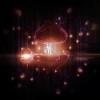Sign in to follow this
Followers
0

Listening to Bach is the slowest way to enlightenment
By
Everything, in General Discussion

By
Everything, in General Discussion